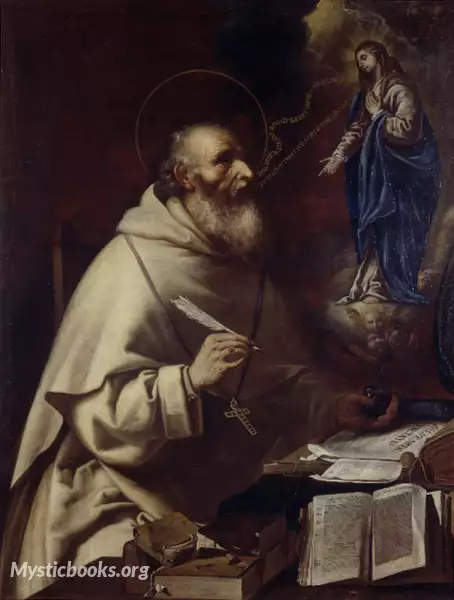
Timeline
Title
Country/Nationality
Blessed Albert the Great
Albertus Magnus also known as Saint Albert the Great or Albert of Cologne, was a German Dominican friar, philosopher, scientist, and bishop. Later canonised as a Catholic saint, he was known during his lifetime as Doctor universalis and Doctor expertus and, late in his life, the sobriquet Magnus was appended to his name. Scholars such as James A. Weisheipl and Joachim R. Söder have referred to him as the greatest German philosopher and theologian of the Middle Ages. The Catholic Church distinguishes him as one of the 36 Doctors of the Church.
It seems likely that Albert was born sometime before 1200, given well-attested evidence that he was aged over 80 on his death in 1280. Two later sources say that Albert was about 87 on his death, which has led 1193 to be commonly given as the date of Albert's birth, but this information has not enough evidence. Albert was probably born in Lauingen since he called himself 'Albert of Lauingen', but this might simply be a family name. Most probably his family was of ministerial class; his familiar connection with the Bollstädt noble family is almost certainly mere conjecture by 15th century hagiographers.
Albert was probably educated principally at the University of Padua, where he received instruction in Aristotle's writings. A late account by Rudolph de Novamagia refers to Albertus' encounter with the Blessed Virgin Mary, who convinced him to enter Holy Orders. In 1223 (or 1229)[9] he became a member of the Dominican Order, and studied theology at Bologna and elsewhere. Selected to fill the position of lecturer at Cologne, Germany, where the Dominicans had a house, he taught for several years there, as well as in Regensburg, Freiburg, Strasbourg, and Hildesheim. During his first tenure as lecturer at Cologne, Albert wrote his Summa de bono after discussion with Philip the Chancellor concerning the transcendental properties of being. In 1245, Albert became master of theology under Gueric of Saint-Quentin, the first German Dominican to achieve this distinction. Following this turn of events, Albert was able to teach theology at the University of Paris as a full-time professor, holding the seat of the Chair of Theology at the College of St. James. During this time Thomas Aquinas began to study under Albertus.
Albert was the first to comment on virtually all of the writings of Aristotle, thus making them accessible to wider academic debate. The study of Aristotle brought him to study and comment on the teachings of Muslim academics, notably Avicenna and Averroes, and this would bring him into the heart of academic debate.
In 1254 Albert was made provincial of the Dominican Order, and fulfilled the duties of the office with great care and efficiency. During his tenure he publicly defended the Dominicans against attacks by the secular and regular faculty of the University of Paris, commented on John the Evangelist, and answered what he perceived as errors of the Islamic philosopher Averroes.
Books by Blessed Albert the Great

On Union with God
How to rid yourself of troubling thoughts, concerns and outside distractions and learn to focus on acquiring a continual relationship with God inside your soul. Surely the most deeply-rooted need of the human soul, its purest aspiration, is for the c...